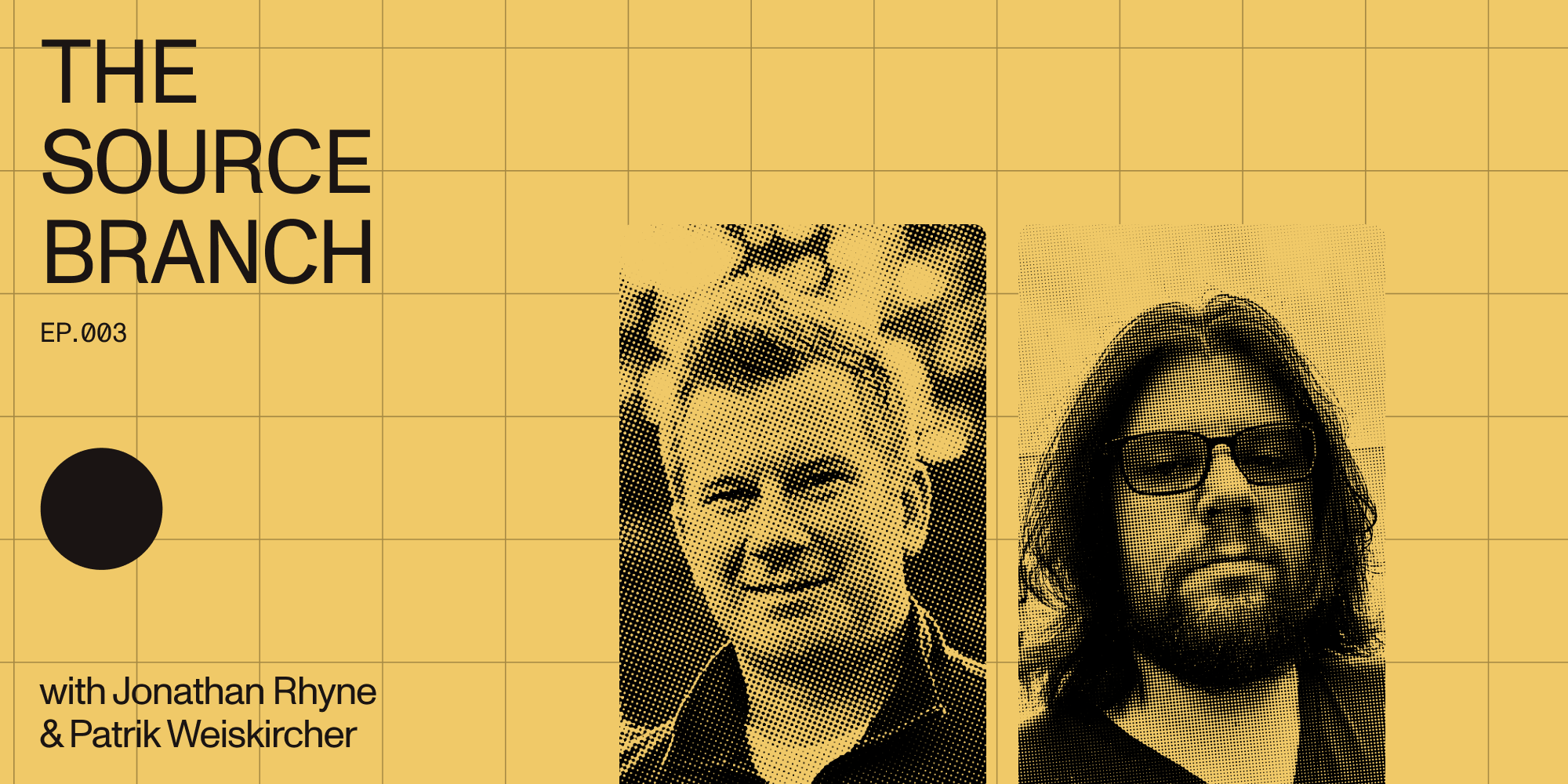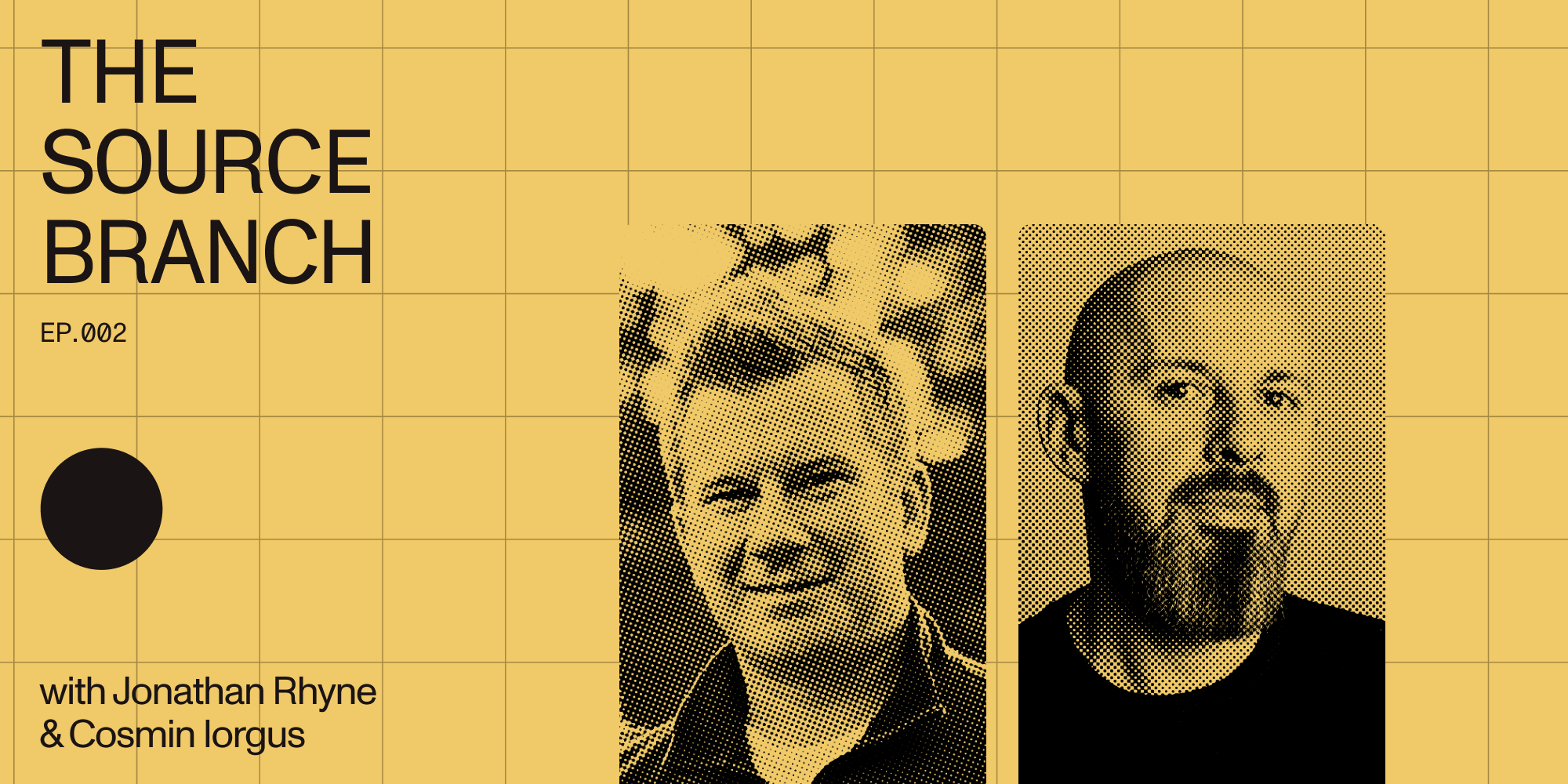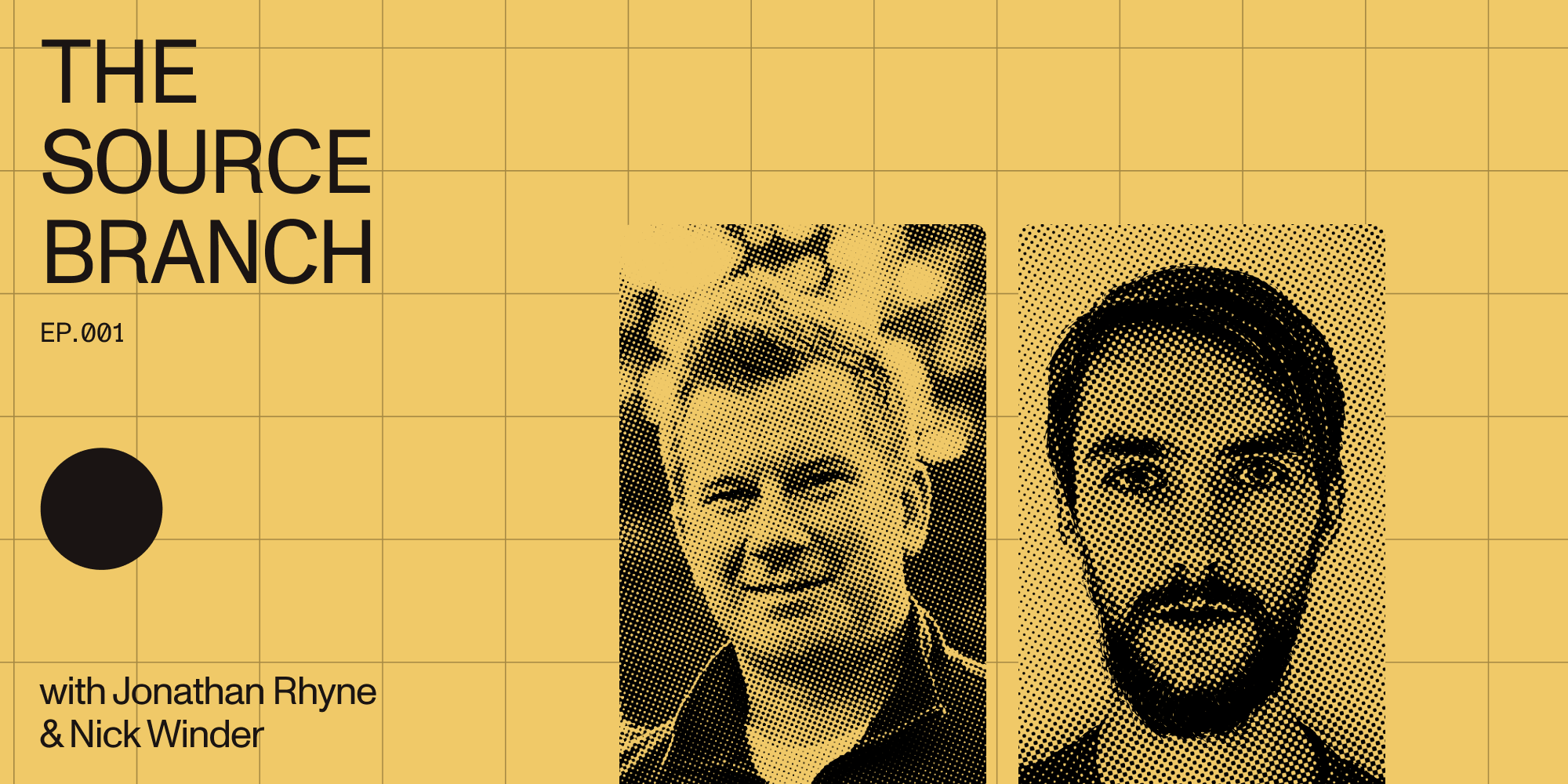Survival of the fittest: A CTO’s guide to thriving in an AI-driven world
Table of contents
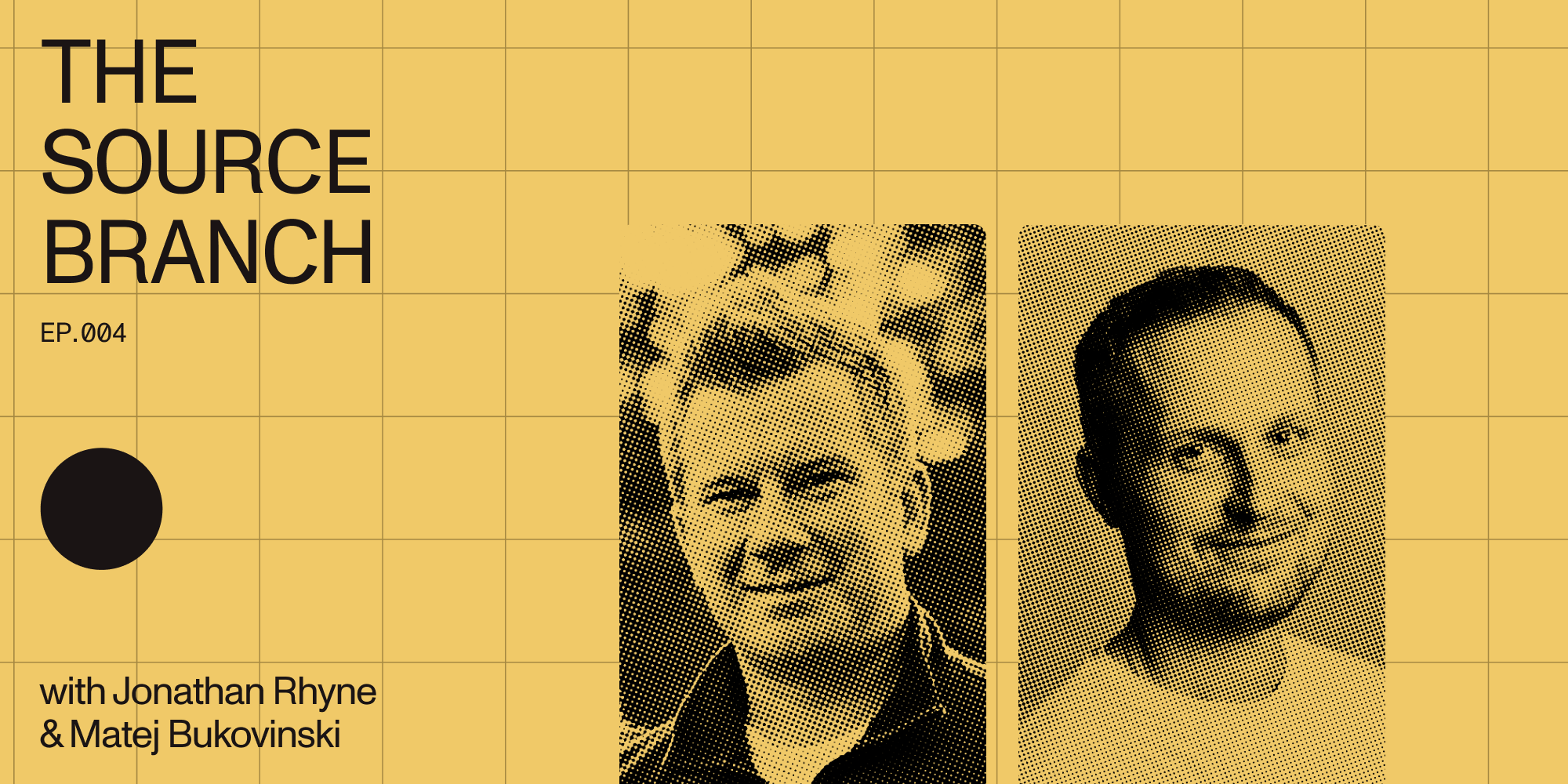
The software world is moving at warp speed, and the role of AI in all of it can’t be overstated. We’ve all seen the headlines and the endless thought leadership pieces… But what does it all mean for us? What skills do developers need to cultivate to stay competitive, and how can organizations adapt to these seismic shifts?
To get some answers, our CEO Jonathan Rhyne sat down with Matej Bukovinski, Nutrient’s CTO, who offered invaluable insights (not AI-generated!) into the future of the field.
Survival of the fittest: A CTO’s guide to thriving in an AI-driven world
The transformative power of AI (your new copilot)
AI isn’t just a new tool; it’s a gamechanger. Matej shares that these days, AI tools enable developers to achieve productivity levels previously thought impossible. He pulls no punches when he says, “Individuals who can really leverage AI will be able to produce so much and be so productive that you basically have a survival-of-the-fittest situation.” In this scenario, developers who can master things like agentic programming are poised to become indispensable to any organization.
Of course, this transformation comes with its own set of challenges. Jonathan strikes a more cautious tone, emphasizing a bit of healthy skepticism when it comes to the limitations of AI. The key, they agree, is understanding AI’s strengths and weaknesses, particularly when it comes to humans guiding the initial prompts and double-checking the results.
AI tools may not yet be able to do artificial general intelligence (AGI), the kind of self-sustaining, self-aware intelligence that powers sci-fi blockbusters. But Jonathan and Matej agree that their use in software development already offers exciting opportunities. In the future, we’ll all need to strike a balance between trusting AI’s capabilities and validating its outputs against real-world requirements.
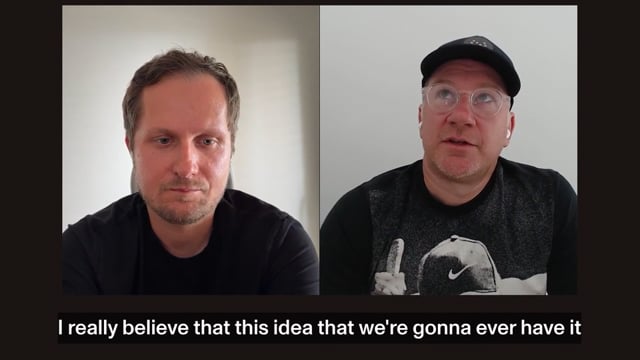
Navigating career development in the AI era
In a world increasingly powered by AI, professionals at every level need to rethink their career strategies. Matej offers specific guidance for those currently in the field and newcomers looking to make an impact.
For seasoned professionals, the advantage lies in combining traditional methodologies with fresh approaches. Matej points out that experienced developers can combine their traditional knowledge with new AI capabilities, allowing them to apply their expertise when evaluating and verifying AI outputs.
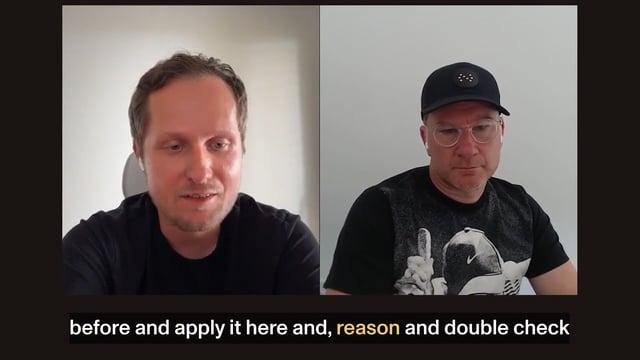
Matej also shares a genuine interest in how new people in the field will deal with AI’s problems, and whether they can think well without the basic skills that came before AI. To stay competitive, he advises professionals to explore agentic programming, investigate new tooling, and find systems that match their specific workflows.
Jonathan builds on this advice, highlighting the growing importance of adaptability. He believes developers who cultivate a generalist mindset rather than clinging rigidly to specialization will find themselves in a stronger position to thrive.
The growing importance of product thinking
As the software engineering field evolves, traditional programming-centric roles may shift into something broader. Both Matej and Jonathan emphasize a future in which developers need to embrace product thinking. Matej says that in the future, developers will need to be “much more a software designer than a programmer.”
Individuals who can really leverage AI will be able to produce so much and be so productive that you basically have a survival-of-the-fittest situation.
With this, he means that the ability to design software that solves practical and meaningful problems will be paramount. Instead of focusing primarily on architecture or implementation details, future engineers will have to ensure the usefulness and reliability of the solutions they create. This, according to Matej, is the new frontier for problem-solving on multiple layers — technical, human, and business-oriented.
Challenges in AI-assisted hiring
Matej and Jonathan also address the significant challenges organizations face when matching talent to the demands of AI-enabled workflows, and remote hiring only makes these challenges more intense. As Matej notes, there are potential risks, especially when it comes to finding a person who is “pretending to be somebody else.” To reinforce this point, Jonathan highlights a high-profile case of remote hiring fraud he’s seen where a person working in India was running 30 different Y Combinator companies at the same time.
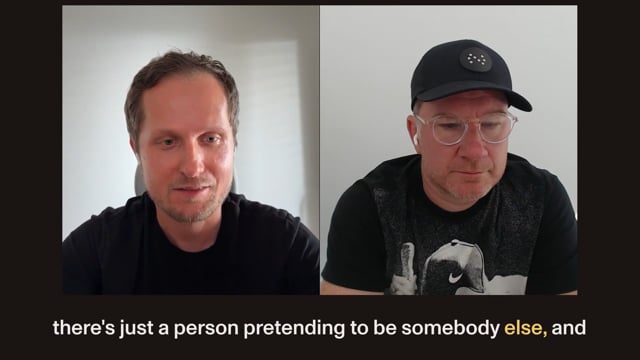
Additionally, AI tools blur traditional measures of technical assessment. According to Matej, it’s all too easy to fake one’s way through all kinds of assessments, from doctorate interviews to technical challenges.” Companies must ensure that candidates have not just operational AI fluency, but also deep reasoning skills to double-check outputs and apply these tools meaningfully in business contexts.
Leveraging “vibe coding”
Enter the concept of “vibe coding,” which is conversational shorthand for AI-assisted development. Jonathan touches on the balance of having the fastest typist in the world (AI) while also struggling to get it to type what you (the human) expects.
This concept underscores the evolving skillset required of developers. Success now hinges not only upon raw coding ability, but also on giving precise instructions, understanding tool limitations, and refining workflows. Matej explains how developers need to get as close as possible to a trifecta of the right instructions, the right documentation, and the right guidance.
Final thoughts
Today’s software engineers face exciting yet complex challenges as AI continues to redefine workflows, team structures, and industry requirements. This conversation between Jonathan and Matej reminds us that adaptability, pragmatic decision-making, and product-focused thinking will be indispensable qualities for professionals looking to thrive in this landscape.
As Matej aptly concludes: “If you wanna be in this field, if you wanna be productive, if you wanna be impactful, start learning about agentic coding and explore different tooling, but also stay careful. Focus on mastery rather than chasing every trend.”
For the full conversation and more perspectives on AI in software development, watch the episode on the Nutrient YouTube channel(opens in a new tab).
Matej Bukovinski, CTO of Nutrient, shares the story of a company rebrand





